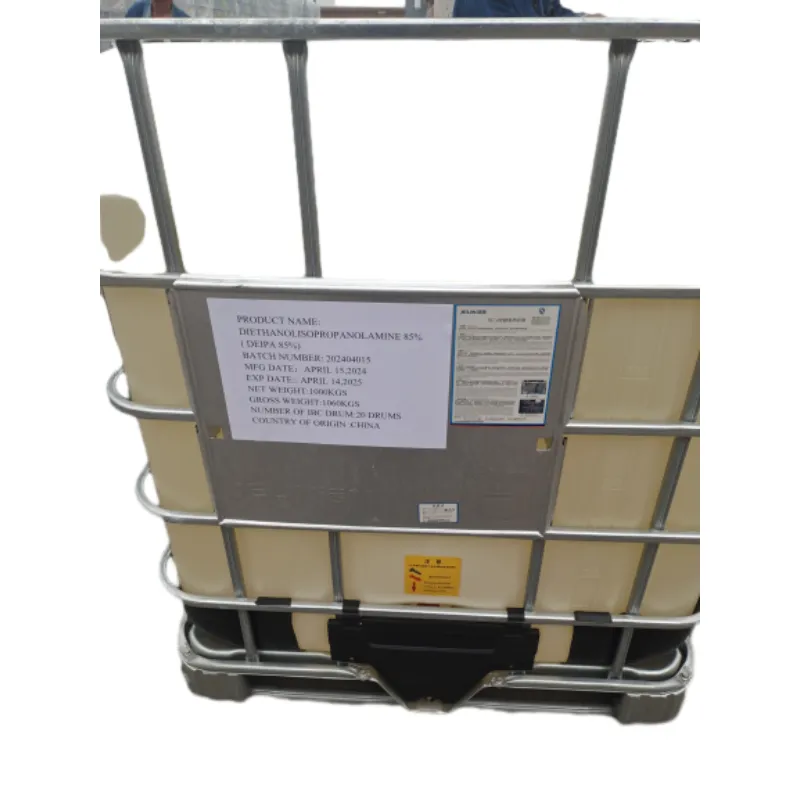
Benefits and Uses of Potassium Sulfate Fertilizer in Agriculture
The Role of Potassium Sulfate Fertilizer in Agriculture
Potassium sulfate, often referred to by its chemical formula K₂SO₄, is a vital nutrient resource in the agricultural sector. Its significance cannot be overstated, as this compound is widely used to enhance crop yield and improve the overall health of plants. In this article, we will explore the various benefits of potassium sulfate fertilizer, its application methods, and its role in sustainable agriculture.
Understanding Potassium Sulfate
Potassium sulfate is a soluble salt that serves as a source of two essential nutrients potassium (K) and sulfur (S). Potassium is a macro-nutrient vital for many physiological processes in plants, including photosynthesis, enzyme activation, and water regulation. Sulfur, on the other hand, plays a critical role in protein synthesis and overall plant metabolism. The combination of these two nutrients in potassium sulfate makes it an excellent fertilizer choice for a wide range of crops.
Benefits of Using Potassium Sulfate Fertilizer
1. Enhanced Crop Quality One of the standout benefits of potassium sulfate is its ability to improve the quality of various crops. For instance, in fruit and vegetable production, potassium sulfate can lead to larger, more flavorful produce. Studies have shown that potassium helps in increasing the sugar content in fruits, contributing to better taste and marketability.
2. Improved Disease Resistance Potassium is known to enhance a plant’s resilience against diseases. By boosting a plant’s immune system, potassium sulfate can help crops withstand stresses, reducing the need for chemical pesticides and promoting healthier ecosystems.
3. Efficient Nutrient Use As a soluble fertilizer, potassium sulfate can be easily absorbed by plants. This enhances nutrient efficiency, allowing crops to utilize potassium and sulfur more effectively compared to other fertilizers that may not be as readily available.
4. Reduced Soil Salinity Unlike some other potassium sources, such as potassium chloride, potassium sulfate has a lower salinity index, making it a better choice for salt-sensitive crops. This is particularly important in arid regions or where irrigation practices can lead to salinization.
5. Soil Health The application of potassium sulfate can improve soil health by providing necessary nutrients while also contributing to the soil's organic matter. Healthy soil supports a thriving ecosystem, which is essential for sustainable agricultural practices.
potassium sulfate fertilizer

Application Methods
Potassium sulfate can be applied through various methods, depending on the specific crop needs and soil conditions. Common application methods include
- Broadcasting This involves spreading the fertilizer evenly across the field before planting. It is suitable for crops that require an initial boost of nutrients during their growth cycle.
- Side-Dressing This method entails applying potassium sulfate alongside growing crops, which allows for tailored nutrient delivery based on the plant's growth stage.
- Fertigation In this method, potassium sulfate is dissolved in water and applied through irrigation systems. This allows for precise nutrient management and ensures that plants receive adequate sustenance at critical growth phases.
Future Perspectives
As global food demand continues to rise, sustainable practices in agriculture are more critical than ever. Potassium sulfate offers a solution that aligns with these sustainable goals. By improving crop nutrient content and resilience, potassium sulfate contributes to increased food security while reducing reliance on synthetic fertilizers.
Moreover, the development of controlled-release formulations and organic variants of potassium sulfate can further enhance its use in environmentally friendly agriculture. Research into the synergistic effects of combining potassium sulfate with other organic fertilizers is ongoing, promising to unlock even greater benefits for crop production.
Conclusion
In conclusion, potassium sulfate fertilizer is a powerful tool in modern agriculture. Its ability to improve crop quality, enhance disease resistance, and promote sustainable practices makes it an essential component in the quest for efficient food production. As farmers and agricultural experts continue to seek innovative solutions to meet the challenges of a growing population, potassium sulfate will undoubtedly play an increasingly pivotal role in ensuring food security and environmental stewardship.
-
Understanding Synthetic Rubber OptionsNewsApr.27,2025
-
Trichloroisocyanuric Acid: Essential for Clean and Safe WaterNewsApr.27,2025
-
Sodium Dichloroisocyanurate: Key to Safe Water TreatmentNewsApr.27,2025
-
Sodium Acid Pyrophosphate: Essential in Modern Food ProcessingNewsApr.27,2025
-
Essential Water Treatment ChemicalsNewsApr.27,2025
-
Denatured Alcohol and Its Industrial UsesNewsApr.27,2025
-
The Versatile Uses of Sodium BicarbonateNewsApr.24,2025
Hebei Tenger Chemical Technology Co., Ltd. focuses on the chemical industry and is committed to the export service of chemical raw materials.
-

view more DiethanolisopropanolamineIn the ever-growing field of chemical solutions, diethanolisopropanolamine (DEIPA) stands out as a versatile and important compound. Due to its unique chemical structure and properties, DEIPA is of interest to various industries including construction, personal care, and agriculture. -

view more TriisopropanolamineTriisopropanolamine (TIPA) alkanol amine substance, is a kind of alcohol amine compound with amino and alcohol hydroxyl, and because of its molecules contains both amino and hydroxyl. -

view more Tetramethyl Thiuram DisulfideTetramethyl thiuram disulfide, also known as TMTD, is a white to light-yellow powder with a distinct sulfur-like odor. It is soluble in organic solvents such as benzene, acetone, and ethyl acetate, making it highly versatile for use in different formulations. TMTD is known for its excellent vulcanization acceleration properties, which makes it a key ingredient in the production of rubber products. Additionally, it acts as an effective fungicide and bactericide, making it valuable in agricultural applications. Its high purity and stability ensure consistent performance, making it a preferred choice for manufacturers across various industries.











